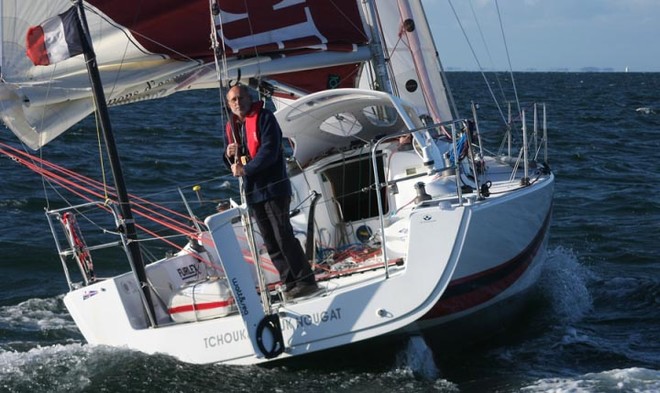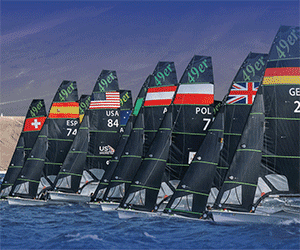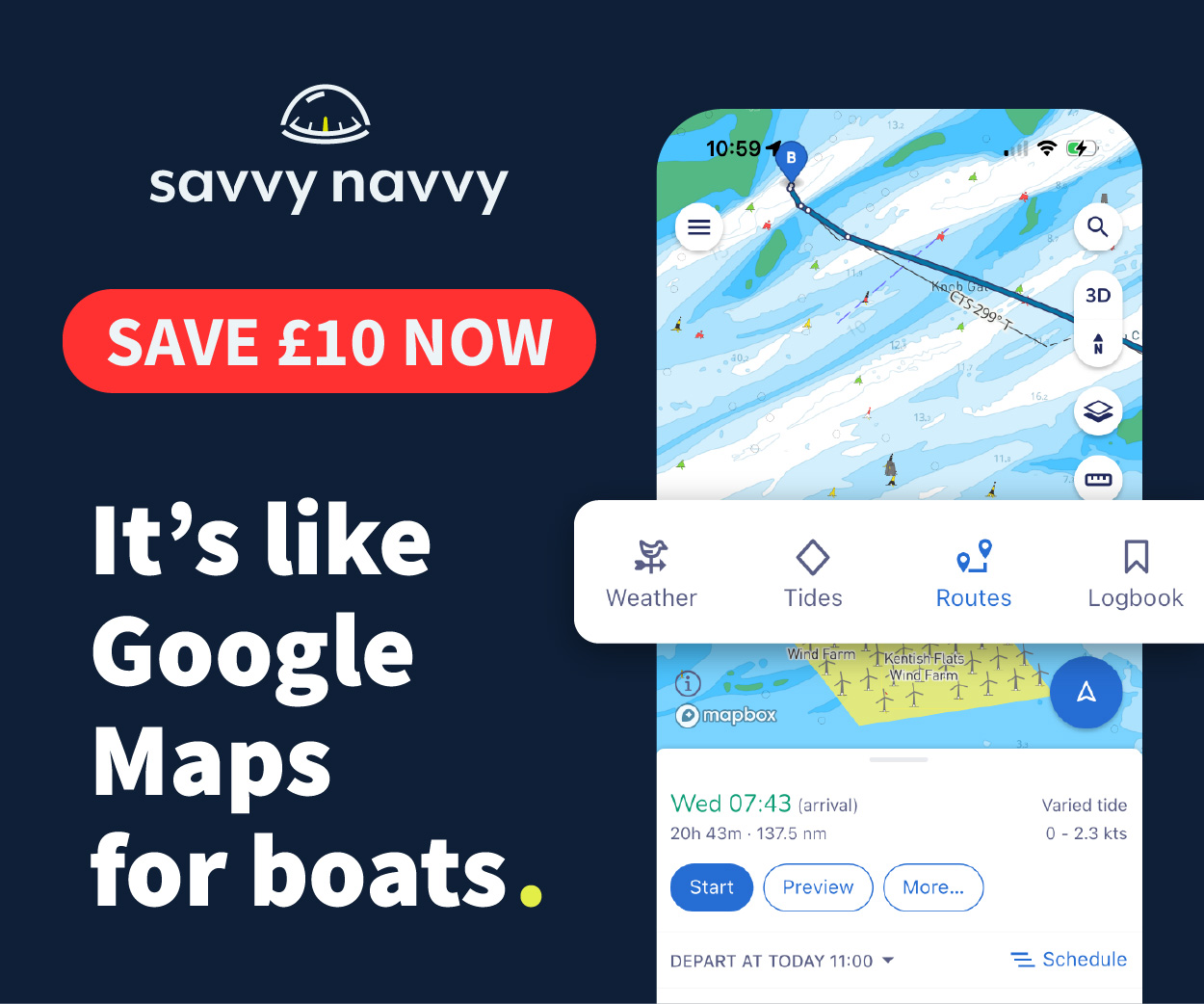Issues following the rescue in the Southern Ocean - what do you think?
by Nancy Knudsen, Editor on 24 Jan 2013

Alain Delord departing on his round the world voyage in late October 2012 SW


For instance the rescue of another French sailor Raphael Dinelli, by the life-risking sail of a downwind racing yacht back into hurricane-force winds for two days, made a legendary hero of British sailor Pete Goss for all time. But there was no-one else around who could have saved his life.
The rescue of British sailor Tony Bullimore from the Southern Ocean was watched by millions around the world as it took the Australian Navy five days to reach his overturned yacht, not even sure that he was alive. Later came the Australian furore about the cost to the Australian taxpayer of the Navy's actions. But there was no-one else around who could have saved Bullimore.
In this week's rescue of Alain Delord, it was a deluxe cruise ship that veered almost 700 nm out of its way, depriving its 100 or so deluxe passengers of part of their journey. But, although lights were seen not far from where the incident took place, they didn't answer their radio and Orion was the nearest craft that could have saved Delord's life.
Overriding all of these tales hovers The United Nations Convention on Law of the Sea. It is not only time-honoured tradition, but now international law that 'every State must require the master of a ship flying its flag to render assistance to any person found at sea in danger of being lost and to proceed to the rescue of persons in distress.'
The cruise ship had no choice, and honoured both the tradition and the UN Convention. The passengers on that ship, who had paid over $1,000 a day for their journey, were deprived of visiting Macquarie Island and arrived back in Hobart three days before schedule. Who should suffer? The cruise ship owners? The passengers? The uninsured sailor who has lost his boat and is plainly broke? The Australian government (read taxpayer) – who had the SOLAS responsibility?
These are unresolved issues that keep recurring whenever there is a remote rescue. If it costs cruise ships serious money in refunds we may find some of them ignoring calls in the future, just as the owner of the mysterious lights did in this instance. Should yachts be able to venture into such remote seas without insurance? - a bold query which threatens the precious concept of 'freedom of the seas' and anyway begs the question of enforcement. In this instance the Australian Navy, which otherwise would have had to mount a rescue action, should recuperate the losses of the Orion. What do you think?
A nice avalanche of other news around the world this week: The Young Endeavour is celebrating 25 years and you're invited to the party; if you have a catamaran read about the multihull rendezvous about to happen in Pittwater; a young Laser sailor has been given a new chance at a record by UK Sailmakers; a piracy report with not a single Somali attack on yachts; the Ocean Cruising Club has announced its awards giving a string of wonderful tales; there's a feature on the new Bavaria 56; and some practical articles on stain removal on your boat and issues with the dreaded head.
That's just the 'tip of the iceberg'. Read on, enjoy, and...
Sweet sailing!
If you want to link to this article then please use this URL: www.sail-world.com/105883

